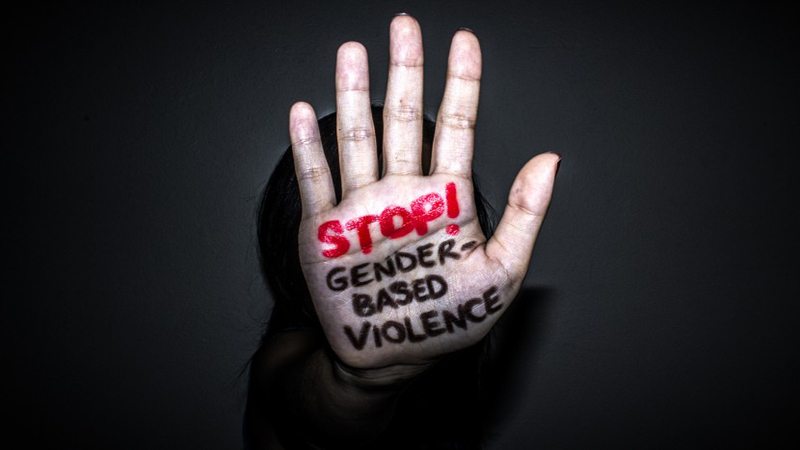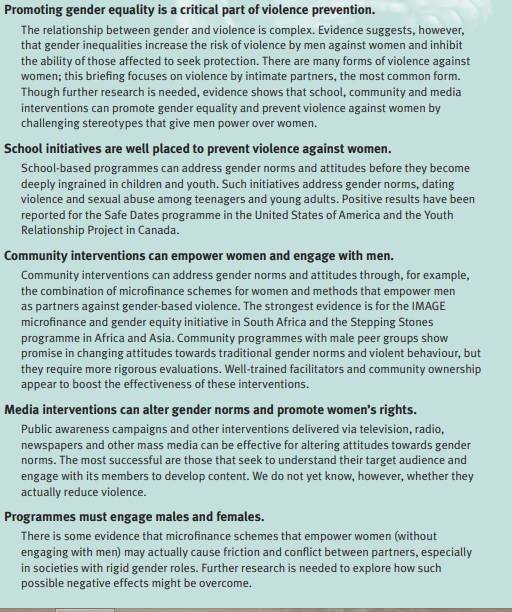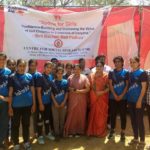The Justice J.S Verma Committee Report on ‘Amendments to Criminal Law’ (2013) is cornerstone of understanding how the system and society fail us and how to improve the same to eliminate gender based violence. The Committee Report begins with lamentation that it took Nirbhaya to bring about several reforms and it took a Bhanwari Devi for laying Vishaka Guidelines. In the light of the recent gang-rape of an 8 year old girl in Kathua (Jammu) for political and religious vendetta and another in Unnao by a Member of the Legislative Assembly; we are reminded that gender based crimes are not on mitigation priority unless mainstream media reveals a new case of atrocities against a woman and a girl.


The Justice Verma Committee Report emphasizes on effective delivery of good governance, accelerated societal reformation and credible law enforcement agencies for a gender just society. The Centre for Social Research has been working on gender sensitization of police officials since the year 1997. One of the first observations we have of the police is the extent to which they are over-burdened, under-staffed and are caught in the cross-fires of media scrutiny, public expectations, internal hierarchy, religious and political pressures. The involvement of police in crimes and their apathetic attitude is notorious. The police come from the same society they seek to protect. Since the judicial process is dependent on the investigations carried out by the law enforcement agencies and the evidence they provide to the court; everything depends on their effective and humane functioning.
From a victim’s perspective, not only is there the aspect of social rehabilitation and emotional recovery from trauma; but also dealing with the journey of getting legal justice. Since victims of violence are standing up to injustice, they are usually left alone by the family to fend for themselves. Sometimes the families are as helpless as the victims and both feel twice as miserable. Financial constraints and continued harassment from the perpetrators add to the woes of victims who are in the judicial process. What victims need in these circumstances are opportunities that overturn their victim status to that of a survivor. In order to do that, they must be armed with knowledge about their rights and the legal procedures. They need to know the right things to do at the right time. They also require social and financial support system so that they can emerge stronger from the situation and change their life for the better.
Ms. Kamlesh Premi is a veteran counselor at The Centre for Social Research. She has been dealing with cases of domestic violence, fraud, sexual assault etc for the past 25 years. She identifies the social fabric as the main culprit that deters justice for women. Victim blaming, curtailing mobility and rights of the female victim, making her personal dignity the object of family ‘honor’, denying basic legal rights (filing of an FIR), police scaring the victim and her family about the long drawn, humiliating judicial process are the resultant effects when a crime against woman and girl comes to light. Neighbors, family members and police rally around the victim, cross-question her virtue and keep analyzing her share of mistake, “If something bad has happened to her then she has invited it upon herself.” The court cases are infamous for being stretched out to over a decade. The victims, police and society scare the victim and the family about not only the time taken for a case to be resolved but also the trauma that the lawyers will inflict upon them by insensitive language and by the court that will not arrive at an expedited decision.
In addition to a fast track justice delivery system, what is absolutely essential is preventive measures. We must not only work at ensuring that survivors of violence are treated fairly, but also work constructively towards strong mechanisms that deter the occurrence of violent crimes against women. A report by WHO, shows that preventive programs and awareness generation programs which engage men and women alike, have significant impact on the reduction of acts of violence against women.


The need of the hour is cognizance of crimes against women as human rights violation. Family, society and judiciary must make this a priority. Mahatma Gandhi is quoted in Justice Verma Committee Report and it is this spirit that we must imbibe within us as a society and an institution, “Woman is the companion of man, gifted with equal mental capacities. She has the right to participate in the minutest details in the activities of man, and she has an equal right of freedom and liberty with him. She is entitled to a supreme place in her own sphere of activity as man is in his. This ought to be the natural condition of things and not as a result only of learning to read and write. By sheer force of a vicious custom, even the most ignorant and worthless men have been enjoying a superiority over woman which they do not deserve and ought not to have. Many of our movements stop half way because of the condition of our women.”




